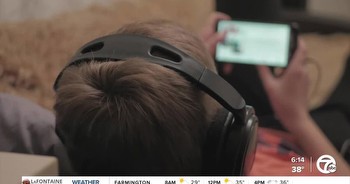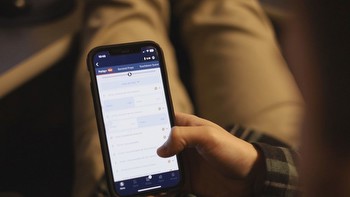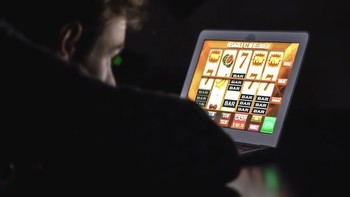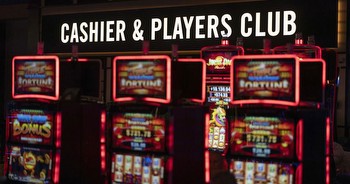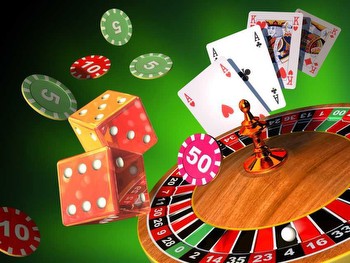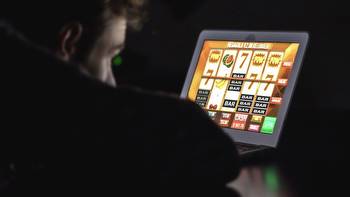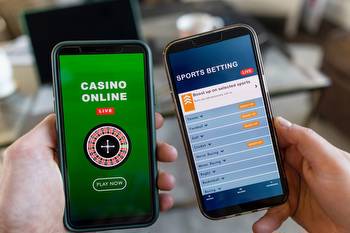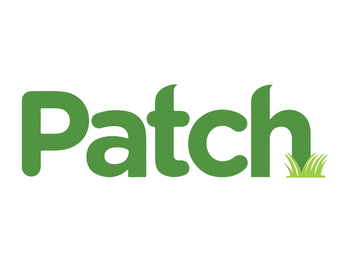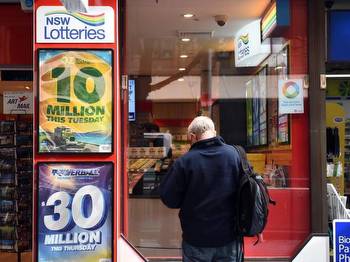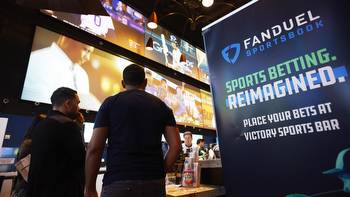Online gambling may be causing betting boom among NJ youth

TRENTON – The explosion of online gaming appears to be making it easier for people who are underage to gamble.
Almost one-third of gaming profits in September came through internet gaming, rather than in-person gambling in Atlantic City. And more than 93% of all the money spent on sports bets was wagered online.
But gambling analysts and addiction experts say that has made gambling more accessible to youth who can’t legally gamble because they’re not 21 years old.
Arnie Wexler, a certified counselor and former director of the Council on Compulsive Gambling of New Jersey, told the Assembly in recent testimony that America is destroying its youth by making it so easy to develop a gambling addiction.
“Today it’s easier to place a bet than to buy a pack of cigarettes or get a can of beer,” Wexler said.
Wexler says over the past year, he’s gotten a lot of calls from younger residents – as young as 12. He’s also hard from parents who say their kids don’t want to go to college but instead want to become a professional gambler.
Lisa Nower, a Rutgers University professor and director of its Center for Gambling Studies, said sports betting contributes.
“Among sports bettors, it tends to skew young and male, and anecdotally a growing proportion of those gambling underage report they are wagering on their parents’ accounts, often with their parents’ permission,” Nower said.
A 2016 survey – so, before sports betting and app-based casinos began – by the Lloyd D. Levenson Institute of Gaming, Hospitality & Tourism at Stockton University found 37% of middle and high school students had gambled, with 14% saying gambling had caused them stress, anxiety or other serious problems.
“We have a gambling problem here in New Jersey, and the youth are going to be the real problem children in the near future, 10 to 15 years from now,” said Assemblyman Robert Auth, R-Bergen.
Legislation has been introduced, but hasn’t gotten a hearing, that would allow a judge to require somebody found guilty of underage gambling at a casino to participate in a compulsive gambling prevention, education and treatment program, in addition to the existing $500 to $1,000 fine.
Michael Symons is the Statehouse bureau chief for New Jersey 101.5. You can reach him at michael.symons@townsquaremedia.com









